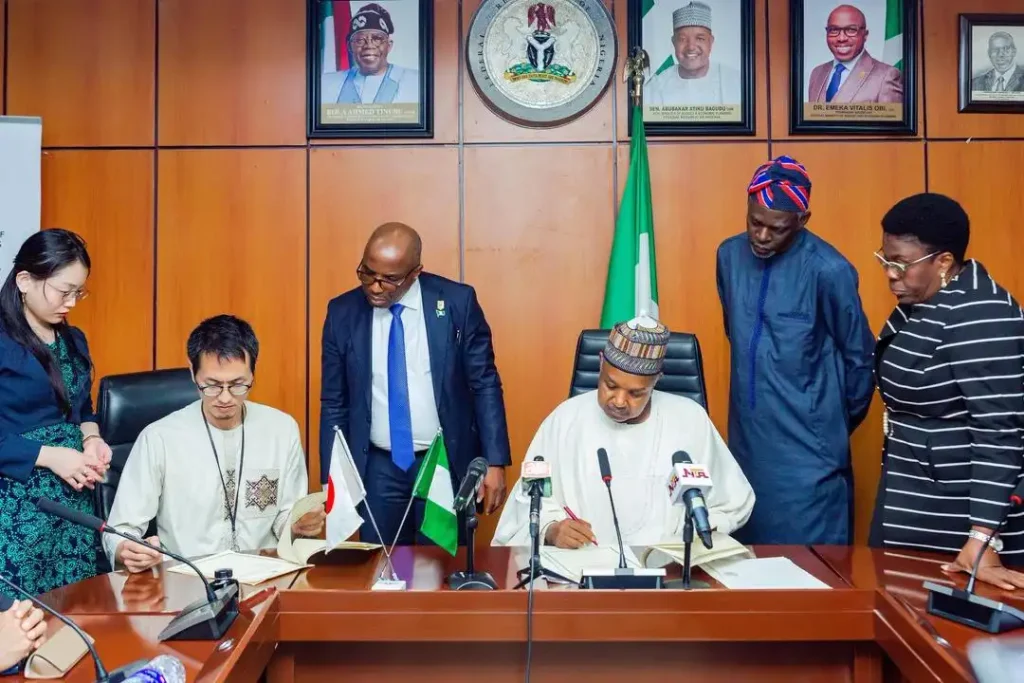In a significant policy shift aimed at strengthening the nation’s healthcare system, President Bola Tinubu has approved an increase in the retirement age for doctors and other healthcare professionals from 60 to 65 years. This decision, announced by the National Publicity Secretary of the Nigerian Medical Association (NMA), Dr. Mannir Bature, reflects the government’s commitment to addressing critical challenges in the health sector.
Key Announcements and Stakeholder Engagement
The Coordinating Minister of Health and Social Welfare, Professor Muhammad Pate, conveyed this development during a high-level meeting with NMA President, Professor Bala Audu, and other key stakeholders. The meeting also included leaders from the Medical and Dental Consultants Association of Nigeria (MDCAN), the National Association of Nigerian Nurses and Midwives (NANNM), and the Joint Health Sector Unions (JOHESU). Discussions centered on the welfare of healthcare professionals and strategies to enhance service delivery across the country.
Implementation Process
To formalize this policy change, President Tinubu has directed Professor Pate to present the approval to the Council on Establishment through the Office of the Head of Service. This step is crucial for the finalization and implementation of the new retirement age, ensuring that all procedural requirements are met.
Addressing Brain Drain and Enhancing Knowledge Transfer
The extension of the retirement age is a strategic move to mitigate the ongoing brain drain in Nigeria’s healthcare sector. By retaining experienced professionals for an additional five years, the government aims to improve knowledge transfer to younger practitioners and enhance the overall quality of healthcare delivery. This policy is expected to stabilize the healthcare system by maintaining a robust workforce of seasoned experts.
Financial Commitments and Salary Adjustments
Beyond the retirement age extension, the government is taking concrete steps to improve the financial welfare of healthcare workers. Professor Pate confirmed that funds have been secured to pay arrears resulting from adjustments to the Consolidated Medical Salary Structure (CONMESS). Disbursement to beneficiaries is set to commence soon, providing much-needed financial relief to doctors and other healthcare professionals.
Additionally, President Tinubu has approved corrections to consequential adjustments for both CONMESS and the Consolidated Health Salary Structure (CONHESS), following the implementation of the new minimum wage. This process is at an advanced stage and underscores the administration’s dedication to ensuring fair and competitive compensation for healthcare workers.
New Tariffs for Healthcare Service Providers
In a move to support private healthcare practitioners, the government has approved the implementation of new tariffs for healthcare service providers. This initiative is particularly beneficial for members of the Association of Nigerian Private Medical Practitioners and Nurses (ANPMPN), as it ensures better financial remuneration and sustainability for private healthcare services nationwide.
Government’s Commitment to Healthcare Improvement
Professor Pate expressed appreciation for the patience and collaboration of all stakeholders during this transition period. He reaffirmed the Federal Government’s commitment to improving the welfare of all healthcare workers and emphasized the importance of collaboration in strengthening Nigeria’s health sector. Attendees at the meeting renewed their commitment to work together to advocate for the welfare of healthcare workers and ensure the full implementation of key reforms.
Background: Advocacy for Retirement Age Increase
The NMA has long championed the cause of increasing the retirement age for health workers from 60 to 65 years. This advocacy is rooted in the need to address the brain drain, improve knowledge transfer, and ensure quality healthcare delivery. Various health associations and unions have previously declared nationwide strikes over issues such as the non-implementation of CONMESS and CONHESS for doctors and healthcare workers.
Conclusion
The approval to extend the retirement age for healthcare workers marks a pivotal moment in Nigeria’s efforts to revitalize its healthcare system. By retaining experienced professionals and addressing key welfare issues, the government is taking significant steps toward ensuring that Nigerians receive quality healthcare services. Continued collaboration among stakeholders will be essential to successfully implement these reforms and achieve the desired outcomes for the nation’s health sector.












